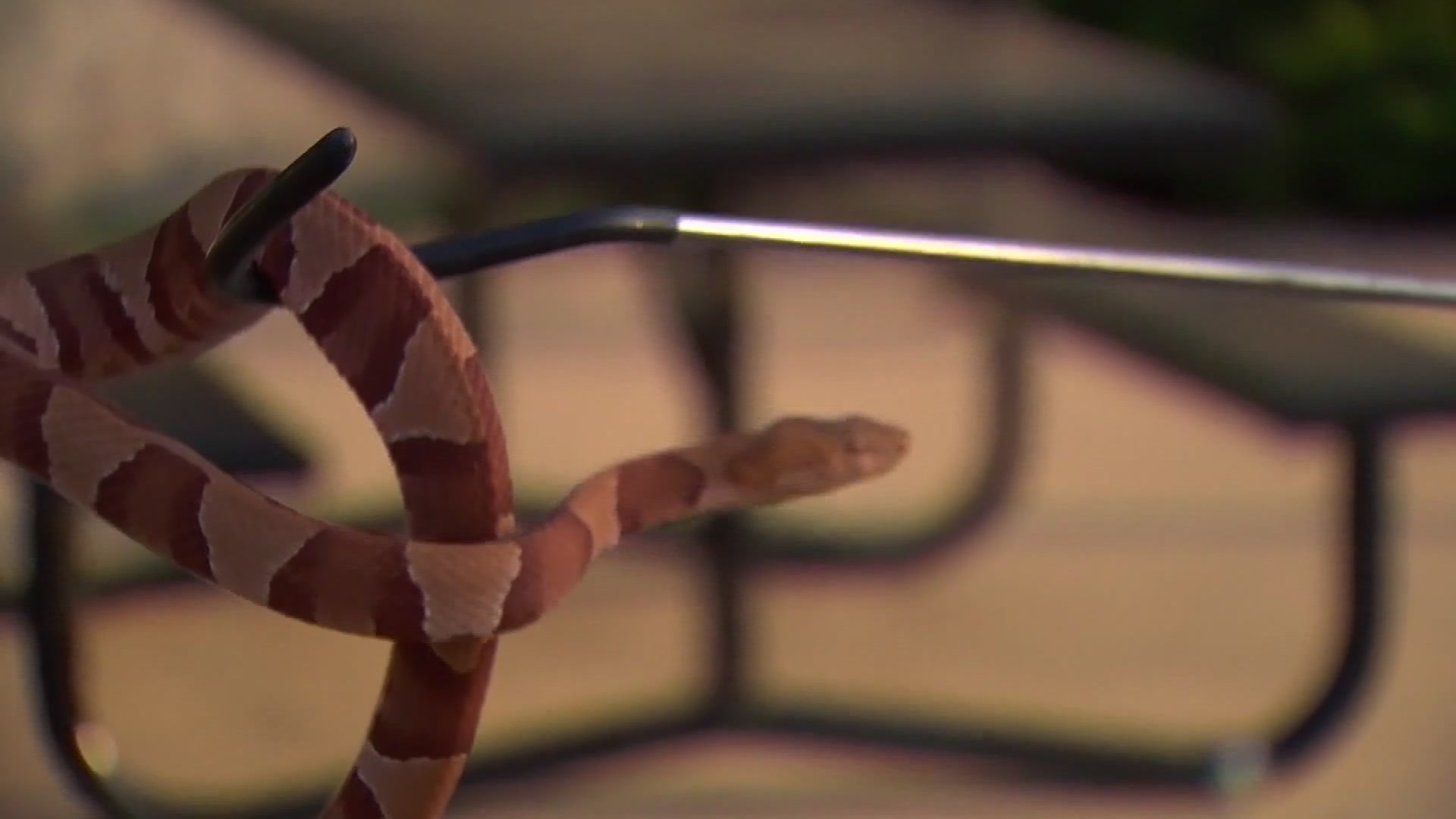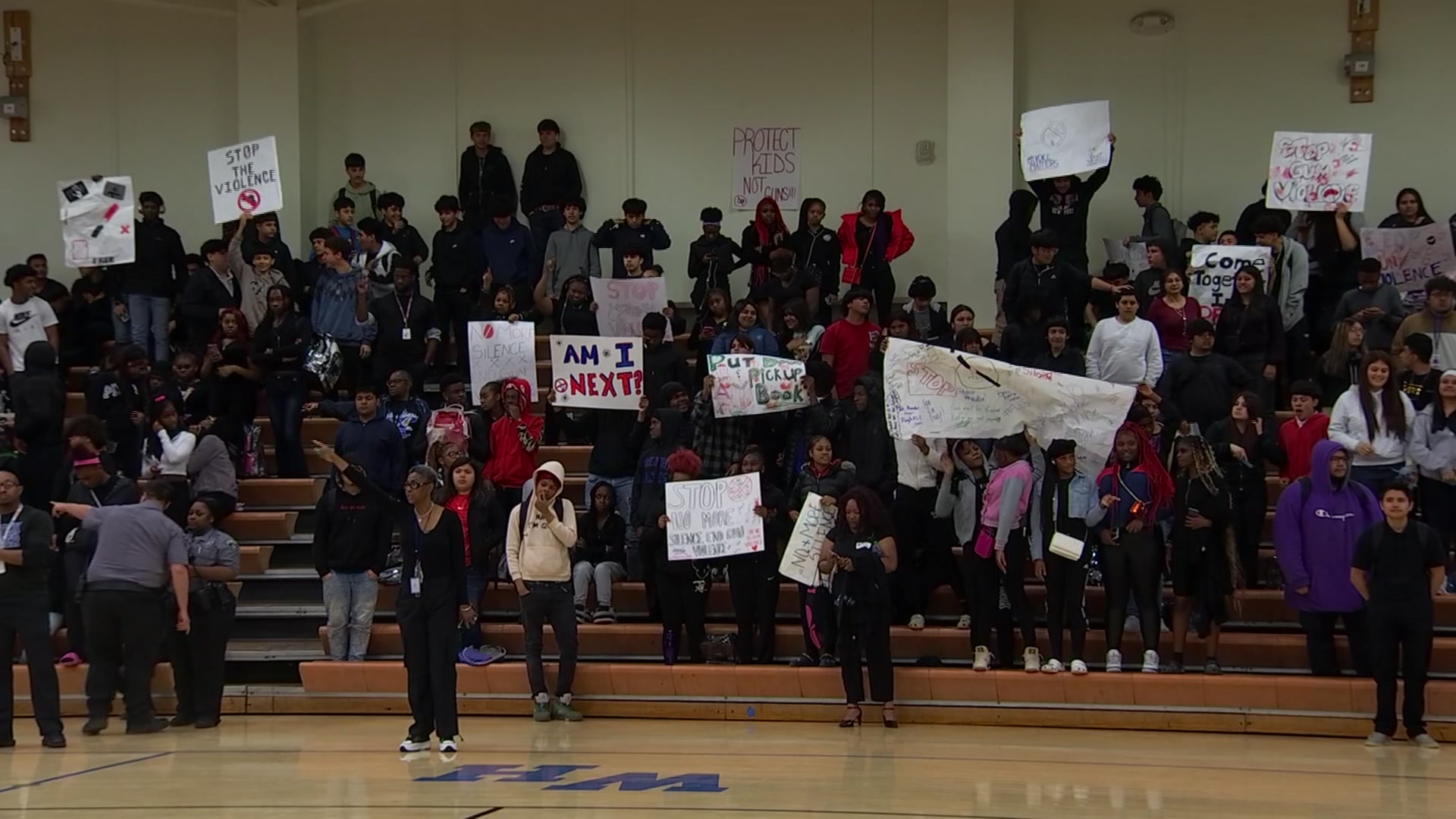An amateur pianist was at the right place at the right time when his heart stopped beating.
Ken Iisaka had just finished his performance at a competition at Fort Worth's Bass Performance Hall when he suddenly collapsed.
He had suffered cardiac arrest, but luckily, he was surrounded by fellow pianists who were also medical professionals, like nurse practitioner Kathy Abrahamson and emergency medicine physician Dr. Noah DeGarmo.
"Someone pointed it out to me and I turned around and saw him laying there," said Abrahamson, who's been friends with Iisaka for several years.
Get DFW local news, weather forecasts and entertainment stories to your inbox. Sign up for NBC DFW newsletters.
Dr. DeGarmo, also a friend of Iisaka's, said he was warming up for his performance when he was notified of the emergency.
"This is a collision of my medical professional life, personal life and music life all coming together. You go into work mode immediately," said DeGarmo.
The team and paramedics kept Iisaka's heart beating with CPR and using an AED until he got to the Texas Health Fort Worth, where he was placed on ECMO.
Local
The latest news from around North Texas.
About the size of a small suitcase, an extracorporeal membrane oxygenation is a machine that pumps blood through an artificial lung back into the bloodstream of the patient.
Further tests determined one of the arteries in Iisaka’s heart was completely blocked.
The artery was successfully opened with two coronary stents that restored blood flow to his heart.
"Ken was as sick as they come and without some of the measures that were taking place outside the hospital or even at the hospital, his likelihood of surviving was very minimal," said interventional cardiologist Dr. Tyler Bloomer.
Iisaka doesn't remember much but knows he's lucky.
Less than 8% of people who suffer cardiac arrest outside the hospital survive, according to the American Heart Association.
"It's better than winning in the $2 billion lottery," said Ken Iisaka.
"I've had a history of high cholesterol, arrhythmia and diabetes. I was a bit of a walking time bomb," he added.
"In medicine, we don't use the term miracle. We attributed it to good medicine and science but this situation really is miraculous," said DeGarmo.
After 20 days at Texas Health Fort Worth, Iisaka continues his recovery at home in California, and he’s thankful to be alive and still playing the piano.




